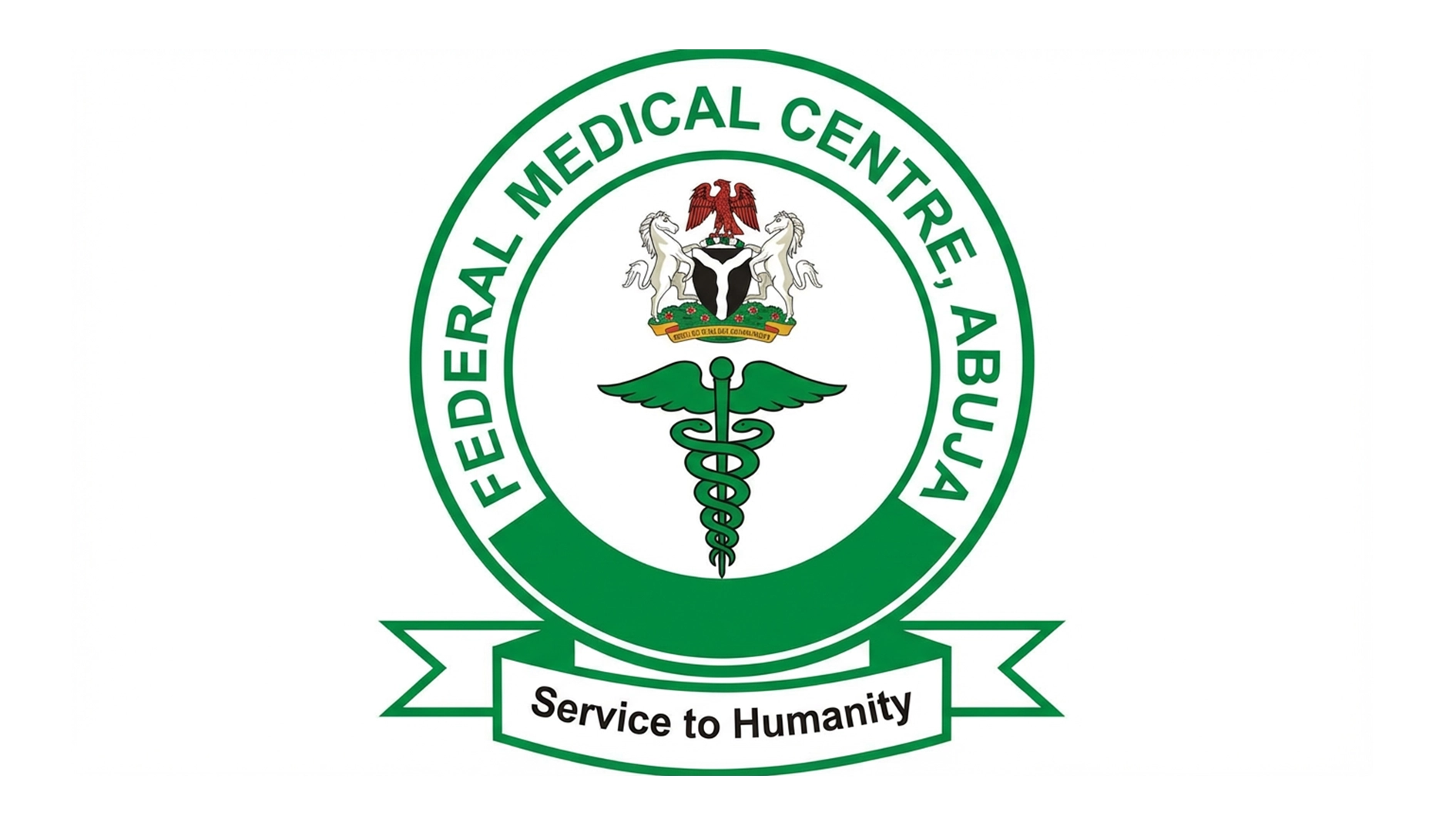
The United Nations Children’s Fund (UNICEF) has issued a stark warning about a potential health crisis in Nigeria, with 200 million people at risk of 17 Neglected Tropical Diseases (NTDs), and called for urgent action to tackle open defecation, a major driver of these diseases.
At a two-day media dialogue on “Ending Open Defecation in Nigeria and Elimination of Neglected Tropical Diseases”, held in Lagos, UNICEF’s Chief of Water, Sanitation and Hygiene (WASH), Jane Bevan, noted the preventable nature of NTDs such as schistosomiasis, trachoma, and intestinal worms. She stressed that open defecation, poor hygiene, and lack of clean water significantly increase vulnerability to these diseases.
Bevan revealed that 47 million Nigerians practise open defecation, while only 18 per cent have access to safe sanitation, with Ebonyi State having the highest open defecation rates, followed by Plateau State, with Zamfara State having the lowest.
Bevan said many of the NTDs are transmitted through poor sanitation, adding that “Unless we all practise safe sanitation and hygiene, there is a risk that we will all get more NTDs.
She advocated for handwashing as a simple yet crucial measure to prevent these diseases, noting that UNICEF has achieved open defecation-free status in 126 LGAs and aims to increase this number.
“We have been able to achieve 126 open defecation-free LGAs in the country and we are working hard to ensure more LGAs achieve open defecation-free (ODF) status,” she added.
UNICEF and its partners are focusing on ending open defecation by 2030 through constructing sanitation facilities, promoting hygiene education, and engaging communities.
Bevan and UNICEF WASH Specialist, Monday Johnson, both stressed that ending open defecation is essential for reducing NTD transmission and improving public health.
Johnson added that Nigeria’s high burden of NTDs is exacerbated by open defecation, which perpetuates poverty and disease. He urged improved sanitation and hygiene practices to break the cycle of infection.
He listed some of the NTDs to include onchocerciasis, schistosomiasis, trachoma, lymphatic filariasis, and soil-transmitted helminthiasis (STH), among others, noting that they are transmitted through contaminated soil and faeces, perpetuating a cycle of poverty, malnutrition, and ill health.
“By addressing open defecation, we can significantly reduce the transmission of NTDs, improved sanitation and hygiene practices can break the cycle of infection, protecting vulnerable populations, especially children and women”, he added.
The National Coordinator of the Clean Nigeria Campaign, Mrs Chizoma Opara, acknowledged the challenges of achieving open defecation-free status by 2030, including infrastructure deficits and funding gaps. Despite these challenges, she expressed optimism about the campaign’s goals.
UNICEF’s communication officer, Blessing Ejiofor, called on the media to raise awareness about the dangers of open defecation and the importance of improving sanitation for better health outcomes in Nigeria.






